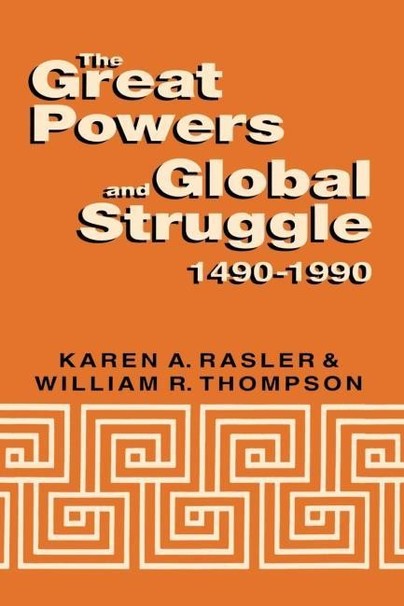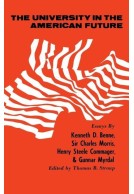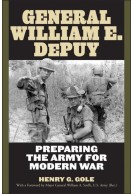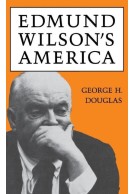Google Books previews are unavailable because you have chosen to turn off third party cookies for enhanced content. Visit our cookies page to review your cookie settings.
The Great Powers and Global Struggle, 1490-1990 (Paperback)
Imprint: University Press of Kentucky
Pages: 296
Illustrations: tables, figures
ISBN: 9780813193045
Published: 11th November 2009
Script Academic & Professional
Pages: 296
Illustrations: tables, figures
ISBN: 9780813193045
Published: 11th November 2009
Script Academic & Professional
This book will be reprinted and your order will be released in due course.
You'll be £27.00 closer to your next £10.00 credit when you purchase The Great Powers and Global Struggle, 1490-1990. What's this?
+£4.99 UK Delivery or free UK delivery if order is over £40
(click here for international delivery rates)
Need a currency converter? Check XE.com for live rates
(click here for international delivery rates)
Need a currency converter? Check XE.com for live rates
In The Great Powers and Global Struggle, Karen A. Rasler and William R. Thompson focus on two themes: the rise and fall as well as the relative decline of major world powers over the past five hundred years, and the way in which these processes have set the stage for the outbreak of global war. Their interdisciplinary approach encompasses political science, economics, sociology, geography, and history.
The most significant wars occur when regional leaders -- historically in Western Europe -- challenge global leaders. By studying the wars of Napoleon, Louis XIV, Phillip II and the Italian/Indian Ocean wars of the sixteenth century through World Wars I and II to the present, the authors challenge the long-held idea that prosperity leads to over-consumption and underinvestment and thus decline -- a theory, traceable to ancient times, that remains the principal explanation for global decline today. Arguments about global structural change and its implications abound, but rarely is the abstract translated into concrete historical terms with emphases on specific actors and empirical documentation.
Rasler and Thompson reinterpret the past five hundred years of major-power warfare and provide extensive tests of the eighteen generalizations critical to their argument. They conclude that those who argue that global war and repositioning are no longer a concern among the major powers lack critical understanding of the behavior that contributes to such conflict.
Other titles in University Press of Kentucky...















